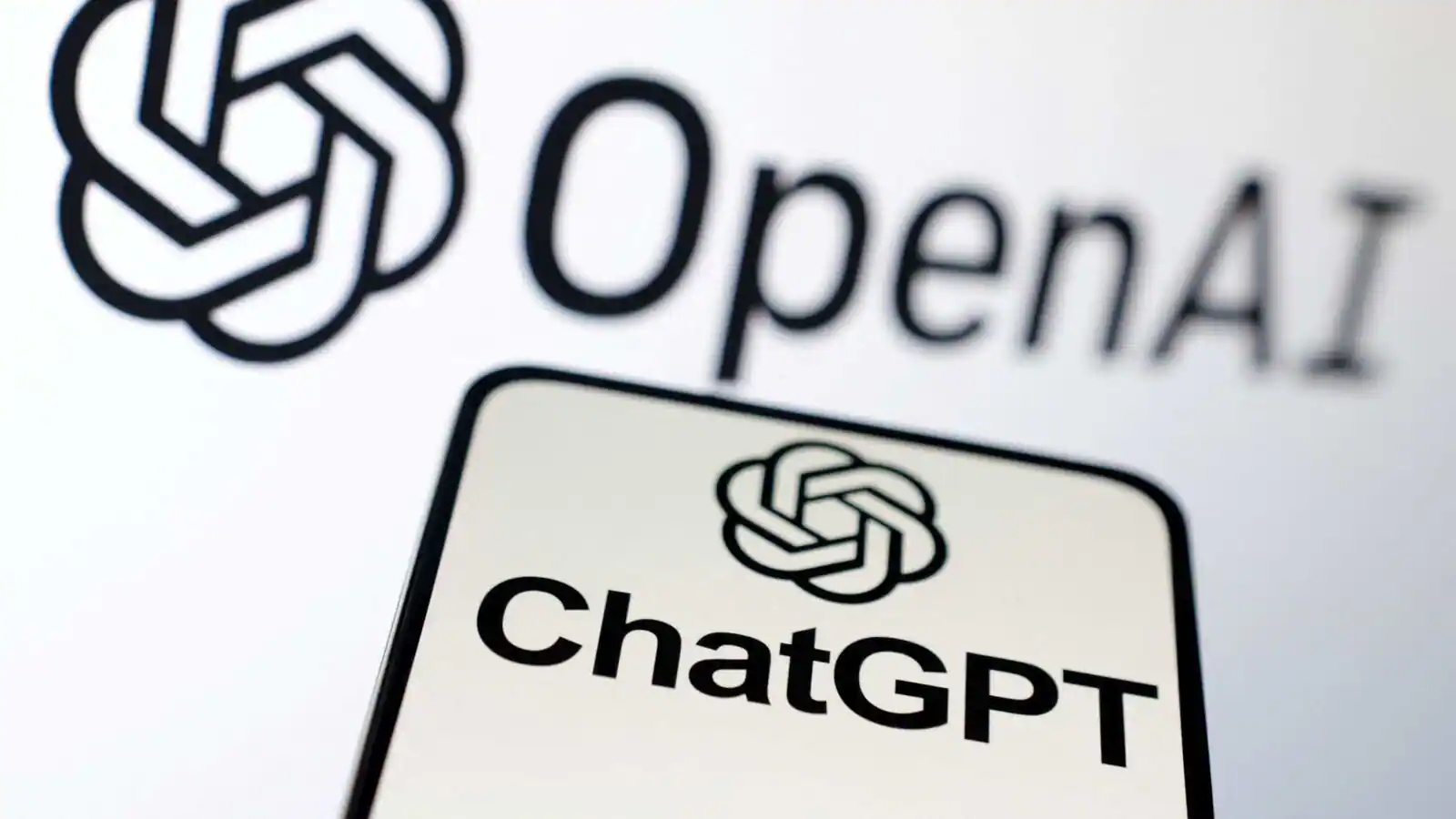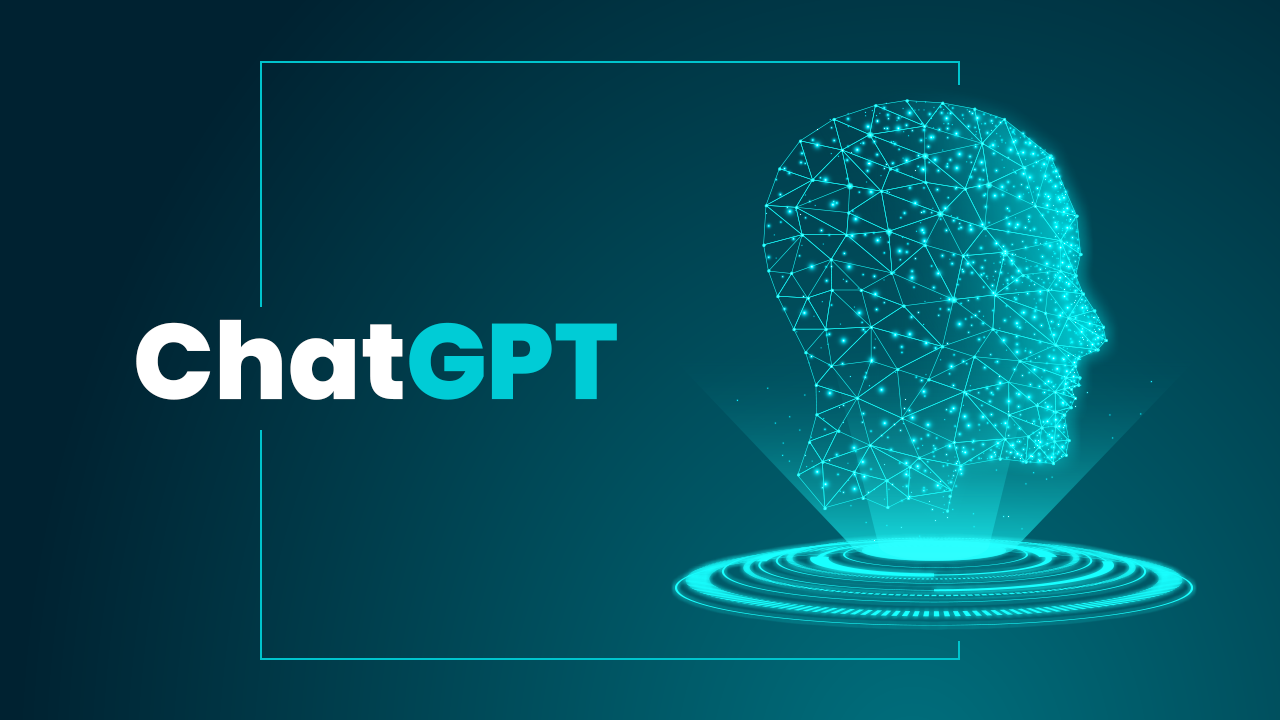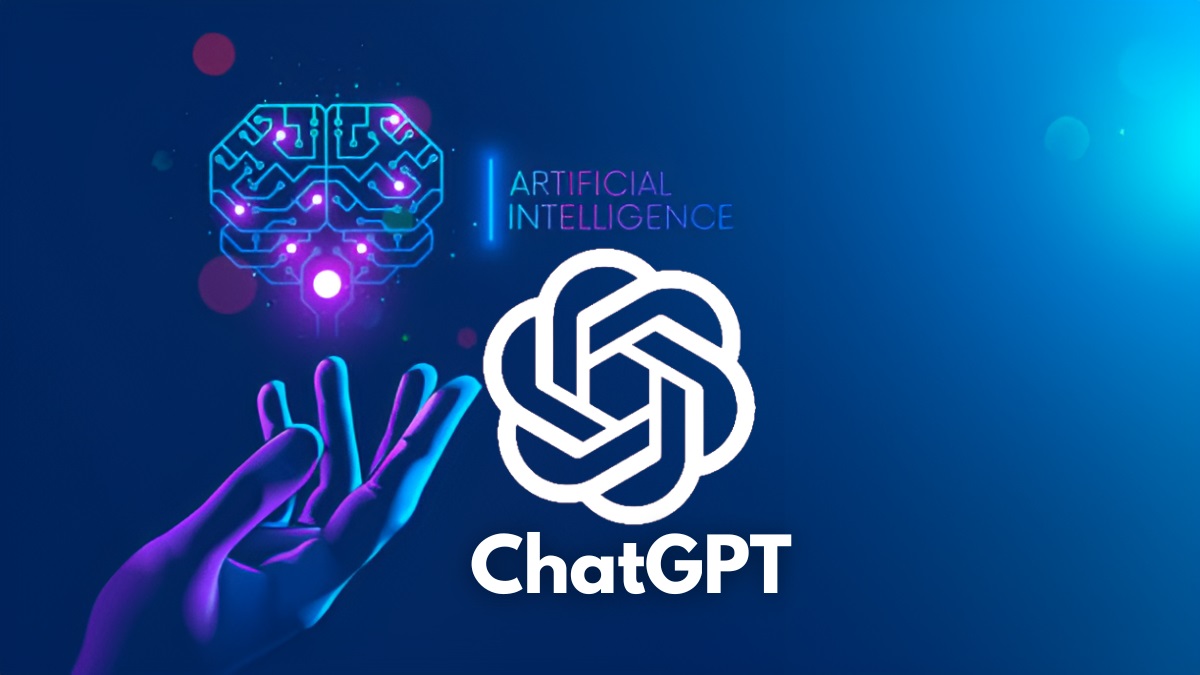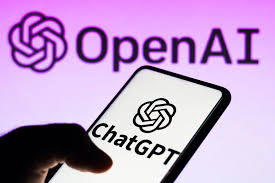In the ever-evolving world of technology, ChatGPT has emerged as a powerful tool with the potential to revolutionize various aspects of writing and business. The exploration of ChatGPT Pros and Cons reveals a powerful tool with a bright future. This AI chatbot goes beyond simple conversation, offering assistance with content creation, brainstorming ideas, and even tackling unexpected tasks like logo design.
However, with such a powerful tool comes a responsibility to understand its strengths and weaknesses. Whether you’re a writer seeking to streamline your workflow or a business owner looking to enhance your content strategy, this breakdown of pros and cons of chatgpt will equip you with the knowledge you need to make informed decisions.
Contents
What is ChatGPT?
ChatGPT has taken the world by storm since its late 2022 launch. This cutting-edge artificial intelligence chatbot boasts a range of capabilities, from engaging in natural conversation to assisting with content creation. It can even tackle unexpected tasks like designing logos and composing music.
Bill Gates, a renowned figure in the tech world, has gone so far as to call ChatGPT one of the most revolutionary advancements he’s witnessed. He compares its impact to the introduction of the graphical user interface, a cornerstone of modern operating systems.
ChatGPT’s user base has exploded at an unprecedented rate. An analysis by UBS, a Swiss bank, reveals it as the fastest-growing app ever. Just two months after launch, ChatGPT had a staggering 100 million active users. This dwarfs the growth of popular platforms like TikTok (nine months) and Instagram (two and a half years).
Given this meteoric rise and Bill Gates’ endorsement, it’s no surprise that many are curious about ChatGPT’s potential. But with any powerful technology comes both advantages and limitations. To understand ChatGPT’s true value, let’s delve deeper into its pros and cons.
Read More About OpenAI brought a new ChatGPT Memory Function

Breakdown of ChatGPT Pros and Cons:
What are the Pros of Using ChatGPT?
Signing up for ChatGPT is a breeze, making it readily available to anyone with an internet connection. What started as a consumer-focused app has blossomed into a powerful tool for professionals across diverse industries.
From marketers crafting compelling campaigns to programmers streamlining their workflow, ChatGPT empowers a wide range of individuals. Educators leverage it to create engaging lessons, while students utilize it for research and comprehension. Researchers, copywriters, doctors, scientists, journalists – the list goes on. ChatGPT’s versatility allows countless professionals to enhance their work in exciting ways. Now, let’s explore the specific advantages that make ChatGPT so valuable.
1. ChatGPT’s Conversational Skills
With ChatGPT, users can place queries or commands to initiate human-like conversations. As with Siri from Apple and Alexa from Amazon, it is generally similar to virtual assistant technology.
However, because of its advanced supervised and reinforcement learning capabilities, it mimics real-life conversations because it uses large language models to learn.
2. Harnessing the Power of Advanced AI
ChatGPT is built on powerful technology called GPT (Generative Pre-trained Transformer). This AI system analyzes massive amounts of text data, allowing it to predict and generate realistic language. OpenAI’s GPT-3 version was a major breakthrough, being the largest model of its kind at the time.
ChatGPT Plus takes things a step further by utilizing the even more advanced GPT-4. This upgrade makes the generated text remarkably human-like, sometimes blurring the line between AI and human writing.
3. ChatGPT is versatile.
ChatGPT’s versatility is one of its greatest strengths. It’s not just a one-trick pony for conversation. Think of it as a Swiss Army knife for the digital age. Whether you’re a student needing research help, a writer facing writer’s block, or a business brainstorming marketing ideas, ChatGPT can be a valuable tool. It can adapt to your needs, generating different creative text formats, translating languages, and even composing different kinds of content. This broad range of capabilities makes ChatGPT a powerful asset for anyone looking to boost their productivity and explore new creative avenues.
4. Customizable with Extensions and Plugins
ChatGPT doesn’t stop at its core abilities. Plugins act as extensions, supercharging its functionality. Imagine seamlessly integrating chatbots with other apps and services you use every day. These plugins can unlock access to real-time information, similar to how Bing Chat retrieves data. Furthermore, ChatGPT can potentially control external services through plugins, opening doors to even more advanced automation possibilities. This expandability makes ChatGPT a truly adaptable tool that can grow alongside your needs.
5. Continually improving.
ChatGPT goes beyond simply responding to prompts. It offers customization options to tailor the experience to your needs. This can involve “fine-tuning” responses through supervised learning or reinforcement learning – advanced techniques that help the AI learn from your feedback and improve its accuracy over time. You can also provide more nuanced feedback beyond simple upvotes or downvotes, guiding ChatGPT’s development in a way that aligns with your specific goals. As GPT technology continues to evolve, we can expect even more powerful customization features that unlock ChatGPT’s full potential.

What are the Cons of Using ChatGPT?
While ChatGPT offers impressive capabilities, it’s important to remember it has limitations. One key drawback is its reliance on existing internet data, which can be inaccurate or incomplete. Since the information landscape constantly evolves, ChatGPT’s knowledge may not always be up-to-date. For this reason, it’s crucial to critically evaluate its responses and verify information from trustworthy sources. Additionally, ChatGPT struggles when faced with limited data on a specific topic.
In essence, to use ChatGPT effectively, you’ll need to be an active partner in the process, providing clear prompts and scrutinizing the outputs. While these limitations exist, they shouldn’t overshadow the potential benefits ChatGPT offers.
1. Misinterpretations and Misinformation
One of the main criticisms surrounding ChatGPT is its potential to generate text that appears convincing but may be factually incorrect or nonsensical. This phenomenon, often referred to as “hallucination” in AI models, can lead users astray. Furthermore, ChatGPT doesn’t provide references or citations for the information it uses. This lack of transparency makes it a less than ideal tool for academic research or tasks requiring verifiable information.
2. There are limits to it
While ChatGPT excels at understanding and responding to straightforward language, it can struggle with the subtleties of human conversation. Sarcasm, humor, and other forms of nonverbal cues might be missed, leading to misunderstandings or responses that don’t fully address the user’s intent. This is particularly relevant in situations requiring emotional intelligence, such as customer service scenarios where someone might need reassurance or empathy. In such cases, ChatGPT may not be the most appropriate tool.
3. Ethical and Legal Issues with ChatGPT
While ChatGPT boasts impressive capabilities, it’s crucial to acknowledge the ethical and legal considerations surrounding its use. One concern is potential bias and discrimination. Since ChatGPT relies on vast amounts of internet data, it can reflect existing biases present in that data, leading to offensive or discriminatory outputs. Careful review of generated content is essential to mitigate this risk.
The reliance on human-generated text also raises copyright concerns. Researchers and creatives worry that AI-generated content might infringe on existing copyrights. Furthermore, replacing human services like customer support or counseling with AI raises ethical questions about the potential dehumanization of these interactions.
Legally, things get murky as well. ChatGPT utilizes data from the Common Crawl dataset, which may contain copyrighted materials from publishers, researchers, and authors. There’s also the risk of malicious actors using AI-based applications for criminal purposes. Overall, the legal landscape surrounding AI-generated content is still evolving, leading to uncertainties and potential compliance costs.
Conclusion
ChatGPT offers a compelling set of tools for writers and businesses alike. It can streamline workflows, boost creativity, and generate high-quality content. However, it’s crucial to remember that AI-generated content has limitations. To maximize its effectiveness, use ChatGPT as a partner, not a replacement, for human creativity and critical thinking. By carefully considering both the strengths and weaknesses of this technology, writers and businesses can leverage ChatGPT to achieve their goals.

FAQs
1. What limitations does ChatGPT have in terms of knowledge and multitasking?
ChatGPT’s knowledge is limited by outdated data and struggles with new topics. It also can’t handle complex tasks at once and works best with clear, single prompts. Remember to fact-check and use it as an assistant, not a replacement for your own thinking.
2. Who is the Developer of ChatGPT?
ChatGPT was created by OpenAI, an artificial intelligence research company. It began as a nonprofit in 2015 but transitioned to a for-profit model in 2019. Sam Altman, who co-founded OpenAI, is the current CEO.
3. How to Use ChatGPT?
- Visit OpenAI Chat or their mobile app and sign up for free.
- Type your question or prompt in the chat box.
- ChatGPT will analyze your input and respond with text.
- You can chat back and forth by typing new prompts or questions.
4. Is ChatGPT Safe?
ChatGPT is safe to use if you don’t share private information. Keep it private! Avoid sharing sensitive info with ChatGPT. While your chats aren’t confidential and might be used to improve the AI, you can opt out of training data. However, conversations are stored for a month to check for misuse.
5. What do you usually use ChatGPT for?
ChatGPT can chat like a person! It understands your questions and requests, then uses its knowledge to craft responses, explanations, and even creative text formats. ChatGPT is for chatting, answering questions, and sparking creativity by generating text formats and ideas.



